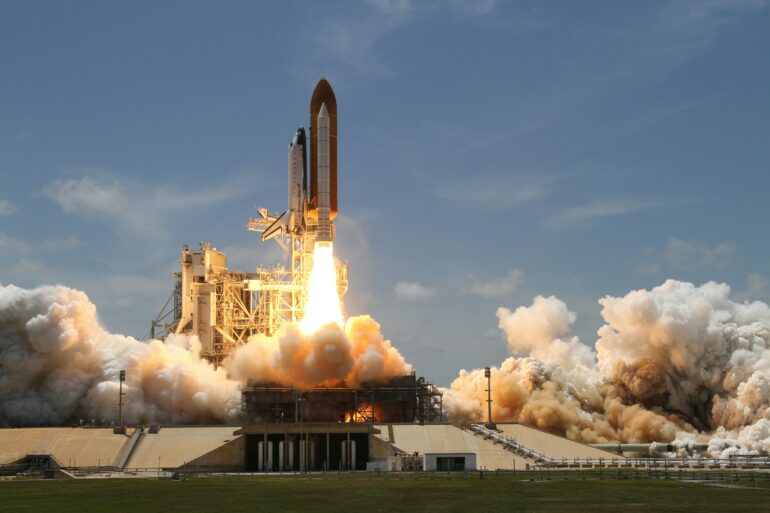I love a good space launch, and I have been eagerly awaiting NASA’s powerful new Space Launch System rocket to take off as the first part of NASA’s ambitious Artemis Mission to put U.S. astronauts back on the Moon. But this launch has already been pushed back four times this year – twice due to technical issues and once apiece for a tropical storm and a hurricane.
I am a professor of space studies who teaches courses in space law and history. One lesson I’ve learned is that as successful as the U.S. and other nations have been at launching rockets into space over the decades, a huge number of launches get delayed due to weather or safety concerns. Of NASA’s 135 Space Shuttle missions, only about 40% launched on time.
While Artemis 1 is continuing the long tradition of delayed NASA launches, there are good reasons for the high level of caution that underlies these delays. But as private space launch activities continue to grow, the odds of watching an on-time launch are slowly improving.
Delays, scrubs and safety
Launches that don’t go off on time are classified as either postponements, scrubs or delays. Postponements refer to pushing a planned launch date back to a later date. Scrubs are when a mission is halted on the day the launch is supposed to occur and rescheduled for a later date. Scrubs are usually a last-minute decision triggered by bad weather or mechanical issues causing safety concerns. A delay is when a launch occurs later in a day than originally planned, but does happen in the same day.
The ill-fated launch of the space shuttle Challenger in January 1986 experienced all of these hold-ups. First, the mission experienced two postponements for a total of three days to accommodate the landing of the space shuttle Columbia. The launch was also scrubbed twice due to weather and technical problems, and finally the mission experienced two delays on the day of the actual launch. Sadly, the shuttle and astronauts aboard were lost in an explosion 74 seconds after launch.
This first Artemis launch has experienced both postponements and scrubs, but part of the reason there have been such long stretches of time between launch attempts is due to the concept of launch windows. Due to the rotation of the Earth and position of the Moon, launching a rocket at certain times requires substantially less fuel than launching at other times. If a launch misses its window, you usually can’t simply launch again the next day.
While the repeated postponements and scrubs of Artemis 1 are disheartening, these delays are for good reason. NASA wants to ensure a safe and successful mission.
The Artemis 1 launch scheduled for Sept. 3, 2022, was scrubbed after the team spotted a hydrogen leak while fueling the rocket on the launch pad.
A culture of safety
Postponements, scrubs and delays tend to occur due to bad weather conditions, mechanical issues or health…
